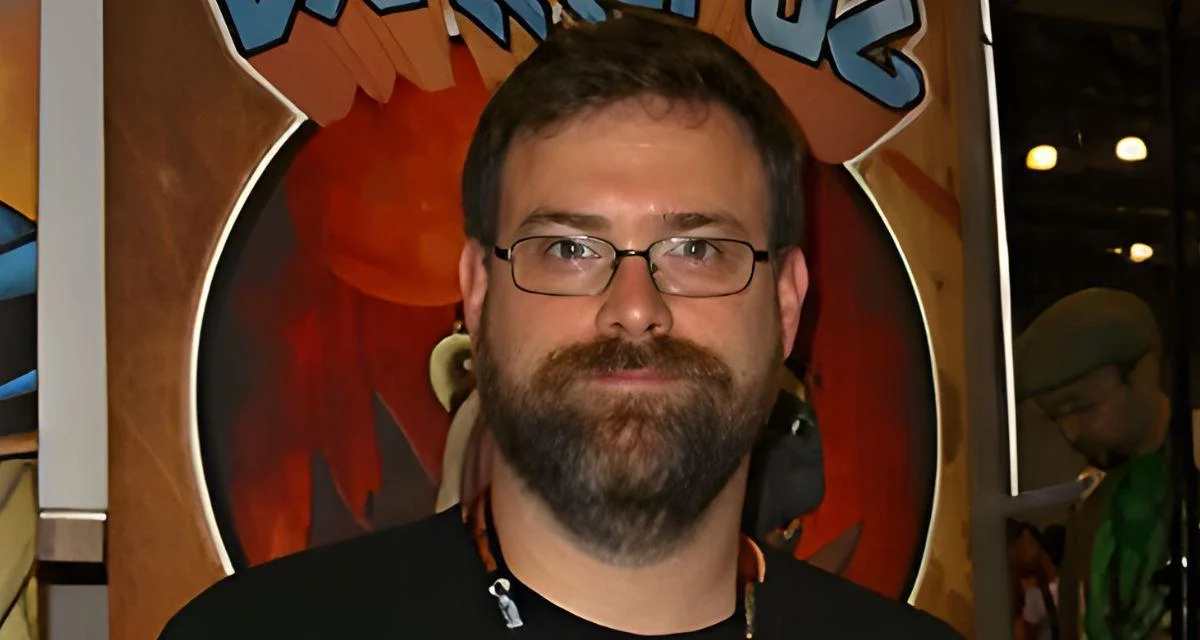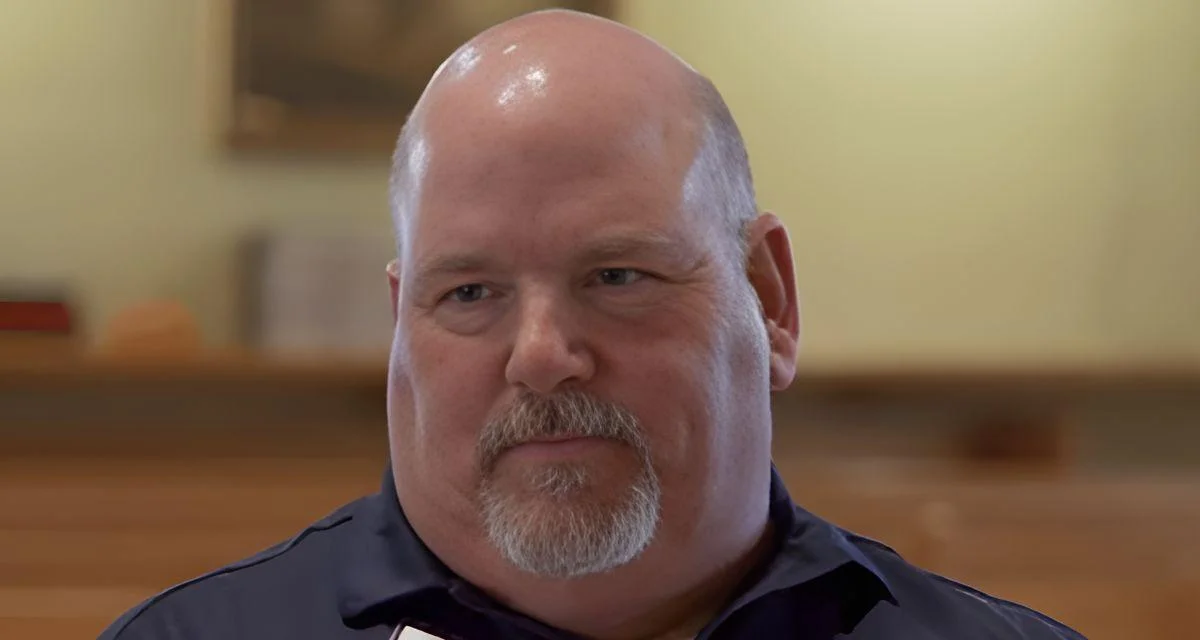The term “culture wars” has been present in American discourse for decades, with its prominence growing since the late 20th century. The phrase gained widespread attention after James Davison Hunter’s book, Culture Wars: The Struggle to Define America, was published in the early 1990s. Although Hunter did not invent the term, his work brought it into mainstream discussion, particularly within academic and policy circles.
In an interview with Politico in 2021, Hunter reflected on how the culture wars have evolved over time. According to Zac Stanton’s article titled ‘How the Culture War Could Break Democracy,’ Hunter originally hoped that highlighting these conflicts would help Americans address and possibly ease tensions. Instead, he observed that “America has doubled down on the ‘war’ part—with the culture wars expanding from issues of religion and family culture to take over politics almost totally, creating a dangerous sense of winner-take-all conflict over the future of the country.” He noted this dynamic is now visible in political arenas such as Congress and through actions like redistricting efforts in Texas.
Patrick Buchanan further popularized the concept during his speech at the 1992 Republican National Convention by framing it as a “struggle for the soul of America,” focusing on topics such as abortion, homosexuality, school choice, and feminism. Over time, these issues have expanded to include debates about immigration policies, transgender rights, diversity initiatives (DEI), and other matters related to identity and morality.
Religious institutions have played a significant role in shaping these debates by advocating for legislative changes based on their moral values and scriptural interpretations. The rise of Christian nationalism is cited as an example of how religious rhetoric has become intertwined with national identity discussions.
Hunter also expressed concern about potential violence stemming from ongoing cultural conflicts. He stated: “Democracy, in my view, is an agreement that we will not kill each other over our differences, but instead we’ll talk through those differences. And part of what’s troubling is that I’m beginning to see signs of the justification for violence,” referencing events such as January 6 when supporters of Donald Trump stormed the U.S. Capitol building following the 2020 election results. “Culture wars always precede shooting wars. They don’t necessarily lead to a shooting war, but you never have a shooting war without a culture war prior to it because culture provides justifications for violence.”
Observers note that increased militarization in cities and aggressive actions against marginalized groups—including immigrants and people experiencing homelessness—are manifestations of these broader societal struggles.
Advocates argue that efforts toward peace and justice must recognize how deeply embedded cultural conflicts are within American society. They emphasize resisting attacks on democratic processes while working toward unity both within religious communities and across diverse segments of society.
 Alerts Sign-up
Alerts Sign-up






